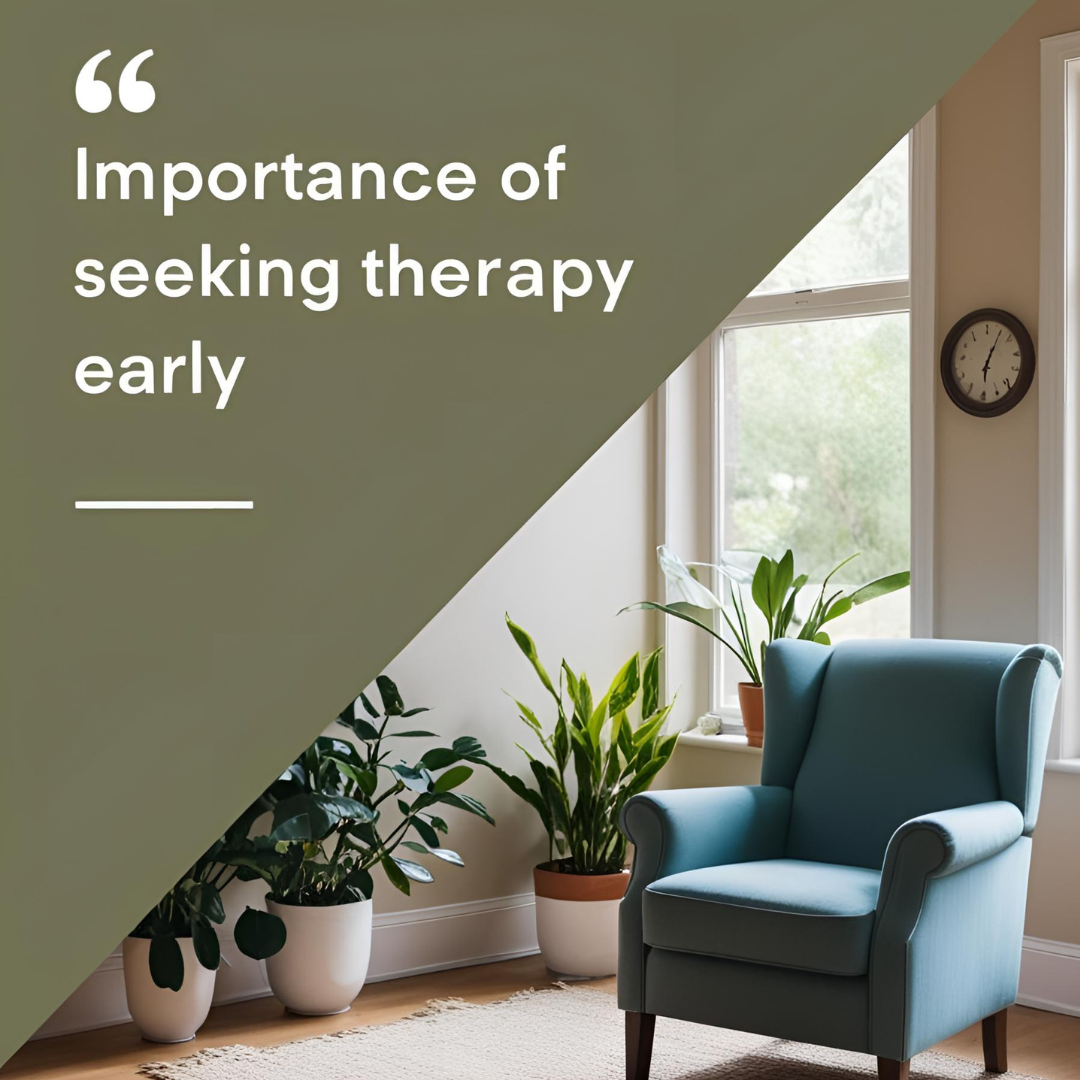
We live in a world that often reaches for quick solutions. A broken appliance? Call a technician. A headache? Take a pill. And when it comes to emotional pain, heartbreak, self-doubt, or long-standing patterns—we sometimes expect the same kind of speed.
But healing doesn’t work that way.
Therapy isn’t a quick fix. It’s a process—one that needs courage, patience, intentionality, and consistency. Sometimes we enter therapy hoping that a few sessions will be enough to “get back on track.” And while that desire is completely understandable, lasting change—especially for deep-seated or long-ignored issues—takes time.
Consider this: if you’ve been carrying a challenge for a year, that’s over 8,700 hours of your mind and body adapting to that weight. If it’s been five years, you’ve spent 43,800 hours silently adjusting, avoiding, or coping. It’s easy to see how deeply rooted these patterns can become over time.
And yet, many step into therapy expecting to untangle all of that in just a few sessions. Four sessions, for instance, equals roughly four hours. And while every session counts, we need to be kind to ourselves by being realistic: four hours simply can’t undo what’s been layered over thousands.
The good news? It doesn’t take 43,800 hours to heal. But it does take some time—and that’s not a bad thing. Every session is a step forward, to untangle what has been buried, to grow, to build resilience, And every effort you make to show up for yourself builds strengthened foundation for lasting growth.
Therapy is about progress, not perfection. Most people begin to notice meaningful shifts after consistent work, the earlier you start, the gentler and more manageable that journey often becomes.
So if something’s been nudging at your heart, your mind, your being—don’t wait until it becomes heavier. Don’t wait until it feels unbearable. Beginning now means fewer hours will pile on, and healing can begin before more wear and tear sets in.
Start now. because you’re worth the time it takes to heal.
